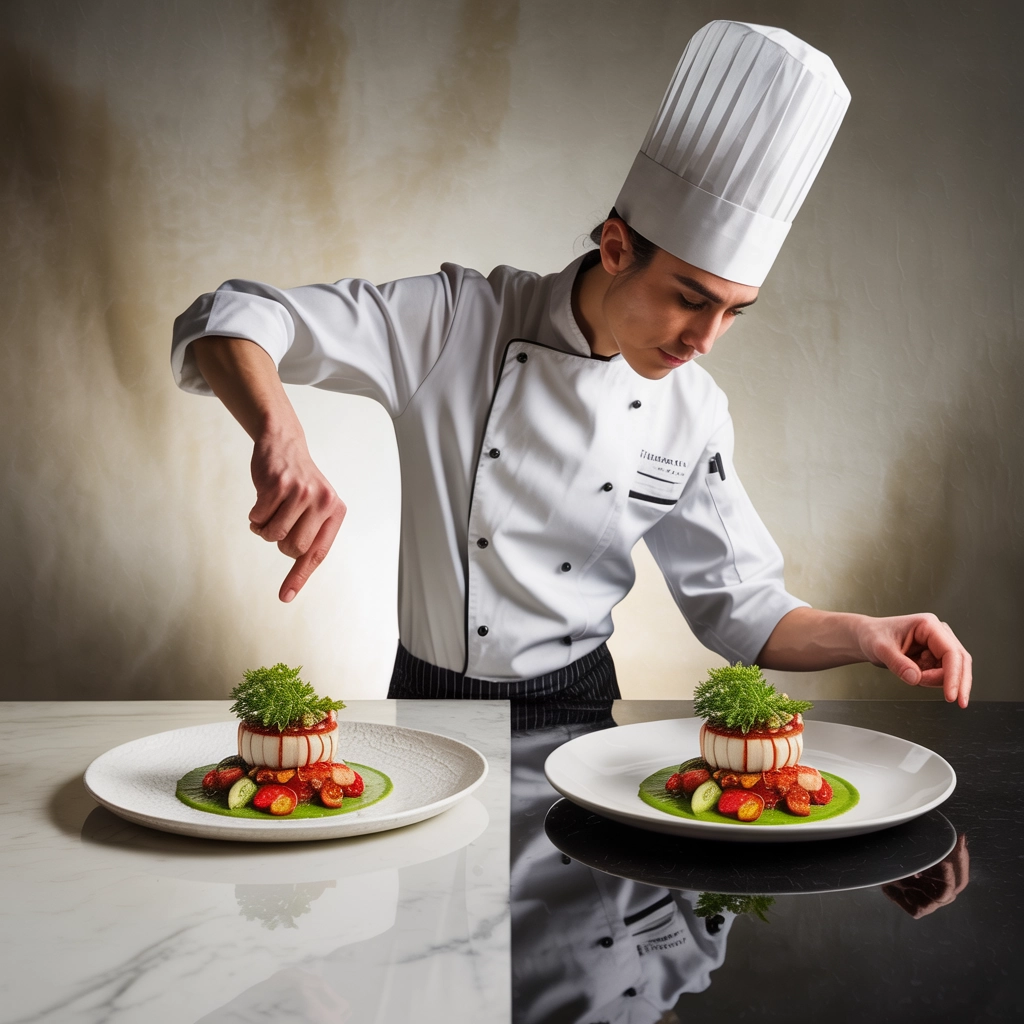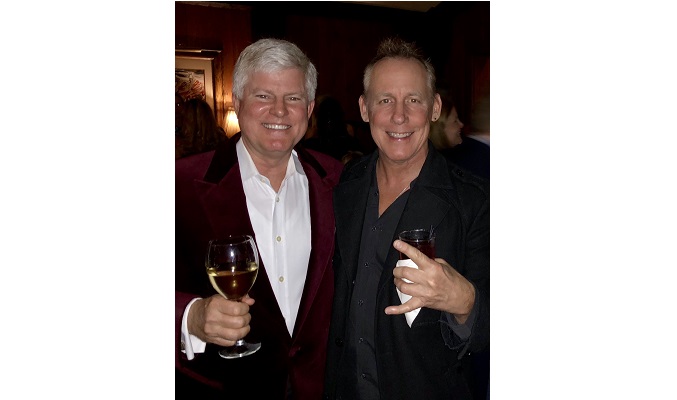You feel it in your bones—that unrelenting desire to open your own restaurant. The vision is vivid: the welcoming ambiance, the carefully crafted menu, the satisfied customers returning week after week. Yet something holds you back. “The industry has a 60% failure rate,” whispers that inner voice. “You don’t have enough experience,” it continues. “What if you lose everything?”
Fear and excuses are the silent killers of restaurant dreams. But here’s the truth: every successful restaurateur has faced these same demons—and conquered them. The difference between dreamers and doers in the hospitality industry isn’t the absence of fear; it’s the entrepreneurial mindset that transforms fear into fuel.
When Excuses Mask Your True Potential
“You love to invite people over for Sunday dinner. You make the best meals, and everyone who comes over tells you that you should open a restaurant,” as I write in my book. This validation feels good, but then what happens? A flood of “what ifs” and “I can’ts” rushes in:
- “I don’t have enough capital”
- “The competition is too fierce”
- “I don’t know enough about the business side”
- “What if critics hate my food?”
- “My family thinks I’m crazy”
These aren’t just concerns—they’re excuses disguised as rational thought. And they’re extremely common. According to industry research, mental barriers stop more potential restaurant owners than actual financial or market limitations.

The Psychology Behind Restaurant Fear
Fear in entrepreneurship isn’t random—it’s a natural protective mechanism. Your brain is designed to avoid risk and preserve the status quo. When contemplating a venture with the failure rates of restaurants, that protective mechanism kicks into overdrive.
But successful restaurateurs understand a crucial truth: “Fear and anxiety are when someone worries about the future instead of focusing on the right now.”
This fear manifests in three primary ways for aspiring restaurant owners:
- Fear of financial ruin – The thought of losing savings, taking on debt, or disappointing investors
- Fear of public failure – The vulnerability of having your passion project critiqued and potentially rejected
- Fear of the unknown – The countless variables and uncertainties in running a restaurant
Understanding these fears is the first step toward developing the entrepreneurial mindset needed to overcome them.
The Entrepreneur’s Toolkit: Mental Frameworks for Success
The entrepreneurial mindset isn’t inborn—it’s cultivated. Here are the essential mental frameworks that successful restaurant owners develop:
1. Resilience: Bouncing Back from Setbacks
In the restaurant world, setbacks aren’t just possible—they’re guaranteed. A resilient mindset sees these not as failures but as data points.
“I have discovered that entrepreneurs thrive on challenges. They embrace them,” I note in my book. Whether it’s a negative review, a staff walkout, or an equipment failure, resilient restaurateurs absorb the blow, learn the lesson, and come back stronger.
Take the example of Chef Michael Freeman, who faced numerous setbacks before finding his stride. His resilience wasn’t about avoiding failure but about refusing to let failure define his journey.
2. Adaptability: Pivoting When Necessary
“Can you change with the times?” This question separates sustainable restaurant concepts from one-hit wonders.
The restaurant landscape evolves constantly. 2025’s food trends look dramatically different from even five years ago. From plant-based proteins to ghost kitchens to sustainability initiatives, the ability to adapt is non-negotiable.
“Business models change, and as an entrepreneur, I needed to accept change to continue my success,” I write. “You can’t become too attached to the food, or a venue, or a theme.”
This adaptability isn’t just about trends—it’s about being willing to evolve your concept based on customer feedback, market conditions, and operational realities.

3. Proactivity: Creating Opportunities
Restaurant success rarely falls into your lap. Entrepreneurs don’t wait for perfect conditions—they create them.
This means researching thoroughly before opening, building relationships with vendors and community members, and actively seeking feedback rather than waiting for it to come (often in the form of negative reviews).
“Just the thought that it can be done leads the entrepreneur down the path of doing it,” I explain in my book. Whether it’s seeking out a mentor, cold-calling potential investors, or testing concepts through pop-ups, proactive restaurant entrepreneurs make their own luck.
4. Innovation: Solving Problems Creatively
The most successful restaurants don’t just serve food—they solve problems. Maybe it’s bringing an underrepresented cuisine to a neighborhood, creating a unique dining experience, or addressing dietary needs with creative alternatives.
Innovation in restaurants doesn’t require reinventing dining—it means bringing creative thinking to every challenge. When costs rise, innovative owners don’t just raise prices; they rethink their menu engineering. When staffing becomes difficult, they don’t just complain; they create new operational models.
This approach to revolutionizing menus through innovation has transformed waste products into sought-after ingredients for many successful operations.
5. Growth Mindset: Learning from Every Experience
“I have met people who were born to be in the food and beverage industry. Others tried and realized this is not their path to happiness,” I observe in my book. This realization doesn’t come from a fixed assessment of talent but from a willingness to learn, adapt, and grow.
A growth mindset means seeing criticism as valuable data rather than personal attacks. It means investing in continuous learning and improvement. Most importantly, it means believing that your restaurant skills can be developed through dedication and hard work.
6. Decisiveness: Making Choices Without Perfect Information
Analysis paralysis kills more restaurant dreams than any market condition. Successful restaurant entrepreneurs understand they’ll never have perfect information, yet they move forward anyway.
“Entrepreneurs tell the world to watch them as they show how they can do this and accomplish that,” I note. This isn’t recklessness—it’s calculated risk-taking based on the best available information, guided by clear values and vision.

Practical Exercises to Build Your Entrepreneurial Mindset
Theory without practice remains just that—theory. Here are three exercises to strengthen your entrepreneurial muscles:
- The Fear Inventory: Write down every specific fear you have about opening a restaurant. Next to each, write: “What’s the worst that could happen?” and “What would I do if that happened?” This transforms vague anxiety into manageable scenarios.
- The Relationship Audit: “You need to write a list of everyone you know—professionally, personally, or on social media,” I advise in my book. For each person, note how they might support your restaurant journey and what you can offer them in return.
- The Self-Assessment: Rate yourself from 1-10 on these statements:
- I am a motivated person.
- I am a self-starter.
- I am a great problem solver.
- I handle stress well.
- I handle criticism well.
Then ask trusted friends to rate you as well. The gaps between perception and reality can be illuminating.
Moving Forward: From Mindset to Action
An entrepreneurial mindset is necessary but insufficient. It must translate into action. Here’s how to bridge that gap:
- Start small: Test your concept through pop-ups, catering, or farmers markets before committing to a full restaurant.
- Build your knowledge: The restaurant industry rewards expertise. Work in restaurants, take courses, read everything you can.
- Surround yourself with supporters: Find mentors who’ve succeeded in restaurants and peers who share your entrepreneurial spirit.
- Take one step today: Identify the smallest possible action that moves you toward your restaurant dream and do it today—whether researching licenses, sketching menu ideas, or calling a potential mentor.
As I write in my book, “Dreams are not built on fear or excuses. The truth is, most of the obstacles are not real and not part of reality.”
The restaurant industry needs passionate, determined entrepreneurs who can push through fear to create remarkable dining experiences. The question isn’t whether fear will appear on your journey—it’s whether you’ll let it stop you.
Are you ready to get past the fear of the future and self-doubt and move forward, actually becoming excited about this new adventure? If so, the path to restaurant success awaits.
Written by Michael Politz, Author of Guide to Restaurant Success: The Proven Process for Starting Any Restaurant Business From Scratch to Success (ISBN: 978-1-119-66896-1), Founder of Food & Beverage Magazine, the leading online magazine and resource in the industry. Designer of the Bluetooth logo and recognized in Entrepreneur Magazine’s “Top 40 Under 40” for founding American Wholesale Floral. Politz is also the founder of the Proof Awards and the CPG Awards and a partner in numerous consumer brands across the food and beverage sector.








